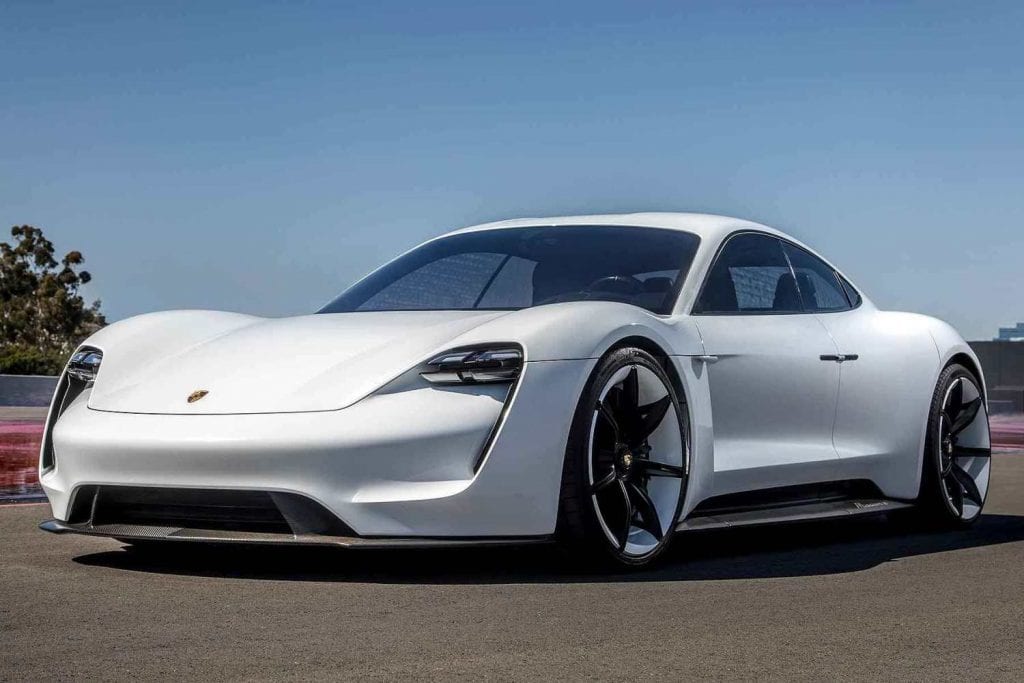Things to consider before buying an electric car

Electric cars are certainly becoming more popular, the best are spacious, comfortable and can go long distances between charges, help save the planet, and are cheaper to run and maintain than internal combustion engine vehicles. The worst can be expensive, impractical and unreliable. Below are a few tips to help you weigh-up the advantages and possible disadvantages before buying, including information on the government-funded grant towards the cost of the car and towards the installation of a charging point at your home.
Your main decision may be choosing between two the two types of plug-in car:
- an all-electric car with a battery-driven electric motor
- or a plug-in hybrid (PHEV), where the battery power and motor supplement are backed up by a combustion engine.
The Electric
Compared with a hybrid car, purely electric cars have a slightly reduced range compared to their internal combustion engine, and hybrid counterparts. But electric cars are cheaper to run because they don’t use any fuel other than electricity. It is worth taking a look at Which Magazine – Which? best electric cars as most manufacturers are now producing all-electric cars for various classes.
The Hybrid
If you live in a rural area, or do a lot of long-distance driving, the extra range of a hybrid may be a better option. The petrol or diesel hybrids provide fuel when the car reaches a certain speed or accelerates quickly. The hybrids tend to be more efficient than diesel or petrol cars with lower emissions.
Grants
There are Government-backed grants available through OLEV (Office for Low Emission Vehicles) towards the cost of selected electric vehicles.
The plug-in car grants are awarded in three categories and currently cover 35% of the cost of a car, up to a maximum of £4,500 depending on its CO2 emissions and electric-only range. Only cars that can travel 70 miles or more on battery alone (and have CO2 figures under 50g/km) qualify for the full £4,500 grant. There is a similar grant for vans.
Grants are also available towards the cost of having a charging point installed at your home. OLEV is currently offering up to £700 (or 75% of the cost) towards equipment fitted by one of its approved suppliers.
Electric Car Charging Points
One of the most common myths about Electric Cars is that they are a pain to charge and there isn’t the infrastructure in place currently for everyone to own an Electric Car and charge whilst on the go. That could be correct if everyone converted to Electric overnight however that quite simply isn’t going to happen. The number of charging points are increasing exponentially daily across the globe and given the fact that only 1% of Electric Car owners use the chargers on the go, the rest charging at home this shouldn’t really pose a problem at all.
If you do need to charge your electric car or plug-in hybrid when you’re on the move, there are a number of different websites mapping the various publicly accessible charging points across the entire country. These include on-street charging points in city centres, for example, as well as the growing number of high-voltage fast chargers and rapid chargers at strategic service stations on the motorway network. Zap-map.com, for instance, tells you where the charging points are, the kW output of that specific charging point and the type of connecter required to charge at that location. It can also navigate to it. There are also free smartphone apps, including the Charge Your Car app. This gives you access to electric car charge points using your Apple or Android devices.
Before you buy an electric car, always check that your frequent journeys are feasible.
Car Tax
At the moment, electric cars are completely exempt from car tax.
What’s more, electric cars will be unaffected by the upcoming changes to car tax law as long as they have zero emissions. There is one caveat in the new legislation, however. If the car costs more than £40,000, the owner will be required to pay £310 per year for years two to six. Assuming they still own it, that’s a total of £1,550.
Range
Be sure to check the maximum range of the electric cars in your shortlist. The maximum ranges vary greatly between models. If you don’t want to be caught out, make sure you check out the real ranges of the electric car you are hoping to buy.
Smaller Electric cars typically have a range of about 125 miles up to
Space
Electric cars may be cheap to run but they can suffer when it comes to boot space. The huge batteries that keep the cars going need to go somewhere, and often that’s in the boot. The same goes for hybrids. So make sure you check the boot is big enough for your needs before you buy.
The Driving Experience
The basics of driving an electric car are the same – there’s still an accelerator and a brake pedal. The lack of pistons and noisy combustion means electric cars float along very quietly, but they tend to be very nippy indeed. One difference to take into account when you drive is how quickly electric cars accelerate. The surprising speed can be dangerous, so make sure you take it slow the first few times you drive one.
Dull, slow and boring to drive………… think again!